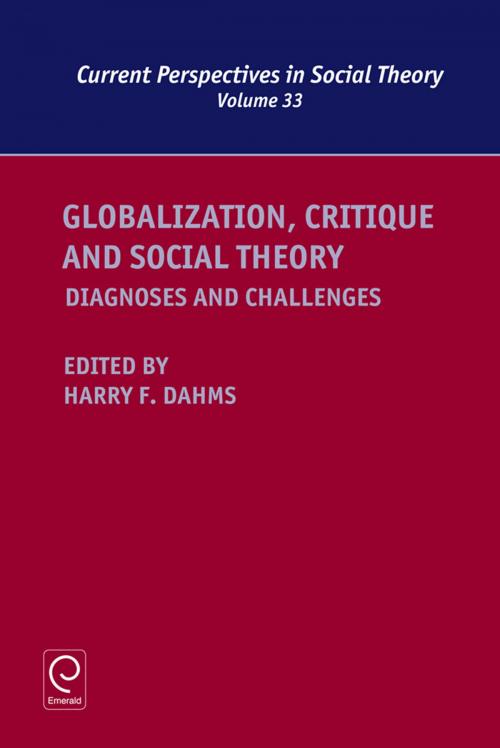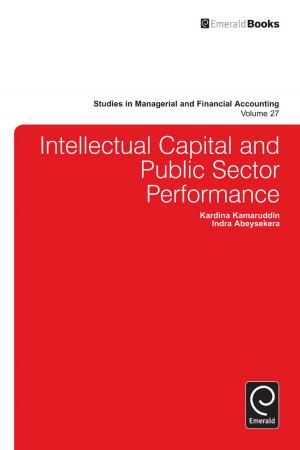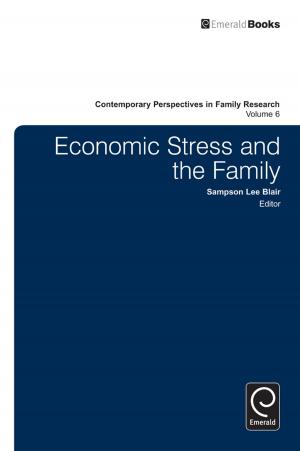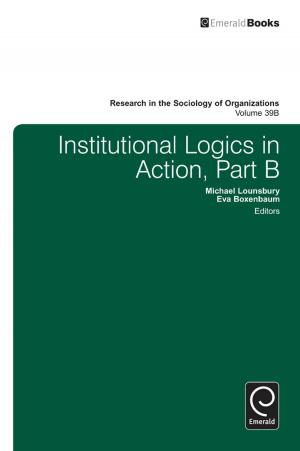Globalization, Critique and Social Theory
Diagnoses and Challenges
Nonfiction, Social & Cultural Studies, Social Science, Sociology, Political Science| Author: | Professor Harry F. Dahms, Professor Harry F. Dahms | ISBN: | 9781785602467 |
| Publisher: | Emerald Group Publishing Limited | Publication: | November 16, 2015 |
| Imprint: | Emerald Group Publishing Limited | Language: | English |
| Author: | Professor Harry F. Dahms, Professor Harry F. Dahms |
| ISBN: | 9781785602467 |
| Publisher: | Emerald Group Publishing Limited |
| Publication: | November 16, 2015 |
| Imprint: | Emerald Group Publishing Limited |
| Language: | English |
In recent years, under the impression and the burden of globalization and neoliberalism, debates about the relationship between the theory and practice of progress - including the theory and practice of social critique - have gone through an unexpected and momentous revival, renewal and rejuvenation. This is due in large part to the proliferation of manifest crises in the early years of the twenty-first century. The terrorist attacks in September of 2001, the financial crisis of 2008 that spawned the Great Recession, the Euro crisis that began in fall 2010 - these events provided glimpses of the existing system of political economy, and opportunities to begin to grasp and reveal the ongoing reconstruction of business-labor-government relations in the early 21st century. Yet, in a variety of ways, the notions that theories and practices of rigorous social critique in and of modern societies could become outdated, or that they were based on a categorical misunderstanding of the nature of social, economic, political and cultural life in the modern world, were symptomatic of an ongoing reconfiguration of the system of political economy itself.
In recent years, under the impression and the burden of globalization and neoliberalism, debates about the relationship between the theory and practice of progress - including the theory and practice of social critique - have gone through an unexpected and momentous revival, renewal and rejuvenation. This is due in large part to the proliferation of manifest crises in the early years of the twenty-first century. The terrorist attacks in September of 2001, the financial crisis of 2008 that spawned the Great Recession, the Euro crisis that began in fall 2010 - these events provided glimpses of the existing system of political economy, and opportunities to begin to grasp and reveal the ongoing reconstruction of business-labor-government relations in the early 21st century. Yet, in a variety of ways, the notions that theories and practices of rigorous social critique in and of modern societies could become outdated, or that they were based on a categorical misunderstanding of the nature of social, economic, political and cultural life in the modern world, were symptomatic of an ongoing reconfiguration of the system of political economy itself.















